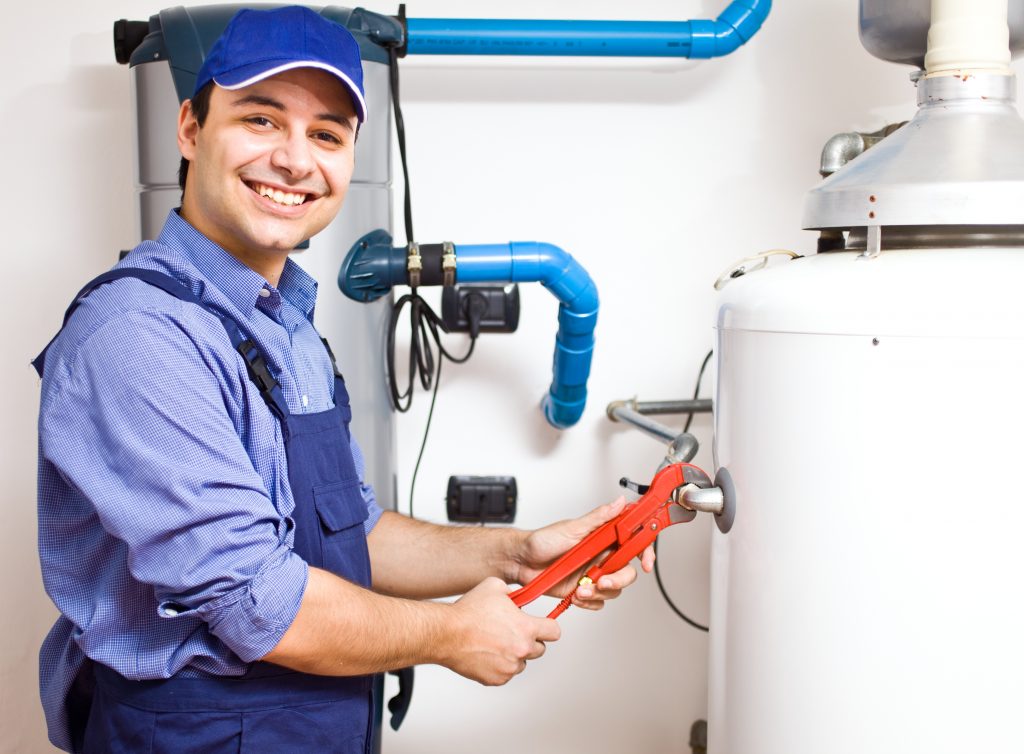Water heaters, if not managed properly, can potentially cause fires, property damage and even bodily injuries. Water heater safety, therefore, is essential, and the first step is correct installation.
Installation of water heaters in Sandy should be done in a well-ventilated area by a qualified professional. This is to give the unit sufficient room for proper combustion of the gases. Here are other tips to ensure your heater’s safety:
Temperature controls
The ideal temperature for residential water heaters is around 130 degrees Fahrenheit. This is because, at approximately 120 degrees, legionella bacteria find a conducive environment for growth. Legionella bacteria cause severe pneumonia. Anything above 130 degrees Fahrenheit increases your risk of scalding and sediment build-up in your heater. Water temperatures above 200 degrees Fahrenheit in your water tank can turn into steam. Steam increases the pressure in your tank and might cause it to explode.
Keep flammables away
The top of your tank should be free of dust and debris. This is because the debris may be in the form of flammable products, which can ignite your heater. Newer water heater models are equipped with ignition-resistant technology. If your heater does not have one, you can consider calling an expert to install one. The area around your heater also should not be carpeted to reduce the risk of fires. Keep the heater away from a clothes dryer since these can potentially ignite.
Earthquake straps
Earthquake straps are a legal requirement in some earthquake-prone states. Even if your area is seismically stable, top and bottom earthquake straps are still an essential safety feature. They will prevent water heater falls, which might cause a fire.
Prompt repair of your heaters and regular maintenance are essential for the proper running of your heaters. Do not attempt heater repairs as DIY projects. You can sustain severe injuries and even cause more damage to the heater. Have a reliable plumbing and heating expert to handle all your heater issues.

